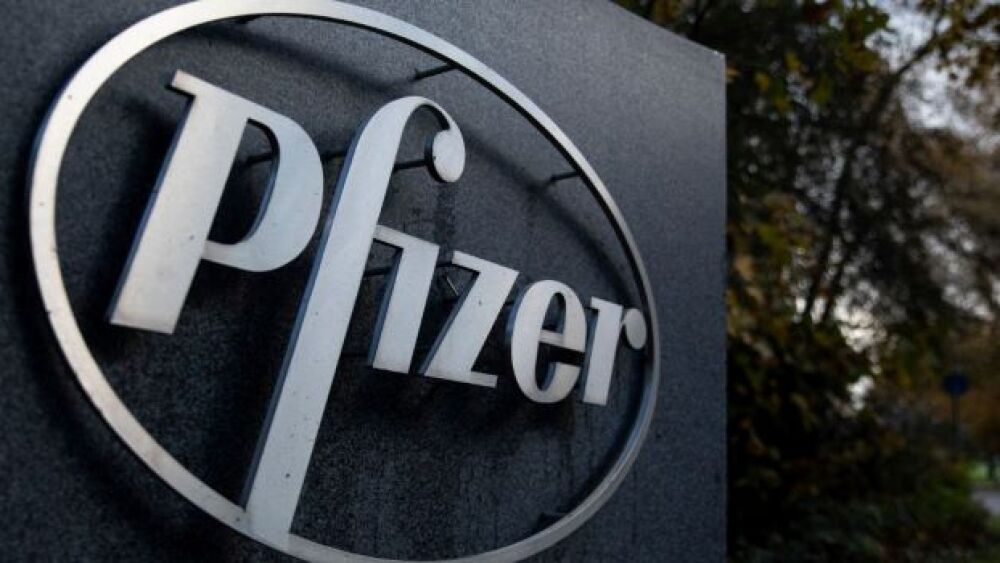Concerns are mounting for people that have been given Pfizer’s Paxlovid treatment regimen after contracting COVID-19, only to become positive for the infection once again.
Courtesy of Dan Kitwood/Getty Images
Concerns are mounting for people who have been given Pfizer’s Paxlovid treatment regimen after contracting COVID-19, only to become positive for the infection once again after completing the treatment.
The U.S. Centers for Disease Control and Prevention (CDC) and other health officials have stepped in to clarify the rise in infections, issuing a warning for the unlucky patients who experience symptom recurrence after treatment with Paxlovid.
U.S. health officials have acknowledged reports of rising COVID-19 infections over the last month. From mid-April to mid-May, reports of new COVID-19 cases have jumped from 12,000 to almost 20,000. Death rates have remained stable during this rise.
This uptick comes with an increase in prescriptions of antivirals that treat the infection. In the first week of May, nearly 115,000 prescriptions of Paxlovid were given to paitents. To combat this, social distancing and masking importance has been highlighted, even as Americans let down their guard to enjoy the summer months.
In a statement from the CDC, social media claims have brought to light dozens of patients with recurrent COVID-19 infections after completing a course of Paxlovid treatment. As the situation unfolds, the organization recommended extending isolation and masking if symptoms reemerge. Rather than five days of isolation in cases of symptom improvement and normal body temperature, isolation should last ten days. To explain the link between Paxlovid and recurrent infection, the CDC points to the natural lifecycle of the SARS-CoV-2 virus.
Prior to the CDC’s announcement, the red flag had already been waved. At the beginning of May, 3CL Pharma Ltd., a Todos Medical Ltd. subsidiary, released data from a 30-day case study of a patient who had experienced COVID-19 rebound infection after taking a full course of Paxlovid. The data reported that the patient had severe symptom recurrence on the final day of the Paxlovid treatment regimen.
The hypothesis given is that, in some patients with long COVID-19, the recurrent infection occurs because the body can elude the vaccine or resist building immune memory following infection. The study has an additional interest in whether cases of post-Paxlovid rebound may be successfully treated with 3CL’s immune dietary supplement Tollovid.
The U.S. Food and Drug Administration issued a statement several weeks ago about the medicinal intervention for recurrent infections. Clarification was given that a longer course of Paxlovid would provide no benefits to patients, regardless of recurrence or symptom rebound. The administration added that urgency has been given to addressing recurrent infection concerns.
As infection peaks wax and wane through the COVID-19 pandemic, Paxlovid emerged as a beacon of hope. Earlier this month, Pfizer’s company Chairman and CEO, Albert Bourla, expressed pride in the treatment’s success. “We are delivering on our production commitments for Paxlovid, which is already having a profound impact on the lives of patients,” Bourla said.
While this pride remains earned, health officials will need to investigate further to determine whether the widespread usage of the treatment is safe and effective.





